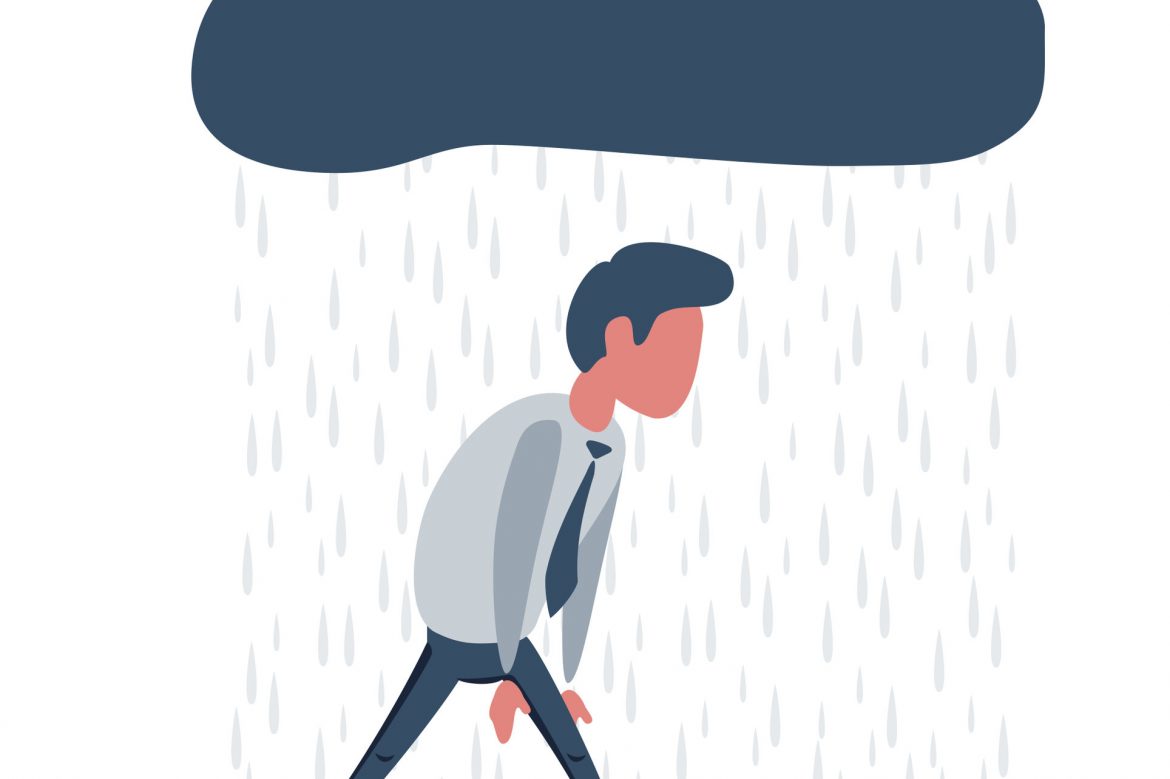
Read This If You Feel Mentally Exhausted
Is it mid-March already? If you feel like you have been sprinting your way through 2022, it might be time to hit the brakes and evaluate your energy levels.
We all go through cycles of high and low energy. It is natural for us to feel motivated by certain tasks just as it is normal for us to want to avoid others. However, regardless of how much you love your work, that to-do list gets a bit boring sometimes. For instance, if your work or school schedule does not involve consistent breaks and down-time, you might get tired easily and feel sluggish in general – even if you are pursuing your dream job!
It is important to make the time to check-in with yourself to keep your energy levels stable and balanced. On the other hand, when you are in the thick of it, you might not realize that your energy levels are depleted.
In 2020, a group of researchers re-evaluated the concept of burnout in an article published in the International Journal of Environmental Research and Public Health. In the article, Wilmar Schaufeli from Utrecht University and colleagues re-define burnout across four core and three secondary dimensions. They suggest that burnout is “a work-related state of exhaustion that is characterized by extreme tiredness, reduced ability to regulate cognitive and emotional processes and mental distancing.” It is important to note that the researchers’ definition of “work” is not limited to employment but it refers to the things we have to do to achieve some kind of goal. So, whether you are a student, an athlete or a parent, you may still experience burnout.
Here are seven signs to look for when you are feeling mentally and emotionally exhausted:
Exhaustion
This is the most well-known sign of burnout. When you are experiencing burnout, you might feel mentally and physically tired to the point where you are unmotivated to do anything.
Emotional difficulties
Burnout impacts our ability to regulate emotions. When you are burnt out, you might get irritated easily and find it more difficult to process emotions such as anger and sadness.
Cognitive difficulties
Burnout may also negatively impact memory. It might be really hard to pay attention at work or school. According to Schaufeli and colleagues, burnout sufferers experience emotional and cognitive impairment due to a lack of energy.
Mental distance
Do you ever sit down to work but somehow end up on social media? Though this is not a sign of burnout on its own, avoiding work might be a strategy we use when we are experiencing burnout.
Depressed mood
Along with low-energy, you may feel low mood. Please note that this is different from major depressive disorder and seek help from a health professional if you are experiencing consistent low mood.
Psychological distress
When you are burnt out, you may feel frequently stressed out and find it difficult to carry out daily activities.
Psychosomatic complaints
Tension headaches anyone? What we experience psychologically also impacts us physically. So it is a good idea to check-in with your body if you feel over-stressed and mentally exhausted.
Do you recognize any of these symptoms in yourself? If so, it is important to carve out time for self-care and do things that help your mind and body calm down. Reflecting on your feelings, taking 15-minute walks or asking for help when you are putting too much on your plate are all some ways to alleviate burnout.
What self-care activities can you incorporate into your day?
REFERENCES
- 1. Schaufeli, W. B., Desert, S., & De Witte, H. (2020). Burnout assessment tool (BAT) - Development, validity, and reliability. International Journal of Environmental Research and Public Health, 17, 9495; doi:10.3390/ijerph17249495
- 2. https://www.medicalnewstoday.com/articles/323441#emotional-exhaustion-and-burnout
